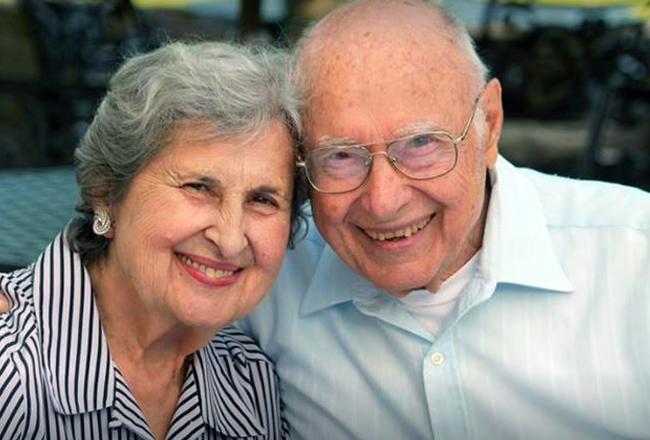
Alfred Del Vecchio, who served as mayor of White Plains for 18 years from 1976 through 1993 and is credited with saving the city from decay through a massive urban renewal program, died Dec. 5 at the age of 95. He had been alert and in good spirits recently, according to a family member.
The transformation of downtown White Plains into the business and retail center it is today started when Del Vecchio and his city planners attracted the Galleria shopping mall to downtown during urban renewal. There was intense controversy over tearing down the old Westchester County Courthouse to make way for the mall and its adjacent parking garage, which the city built as an incentive for the developer. Del Vecchio subsequently was instrumental in bringing the Robert Martin Co. into White Plains to develop the White Plains Financial Center and other projects. He also brought developer Luca Cappelli and others into the city.
“The Galleria was the catalyst for everything which followed,” former White Plains Corporation Counsel Paul Bergins told the Business Journal. “Al was intense, tremendously passionate about the city and actively involved in negotiations for various projects during his tenure.”
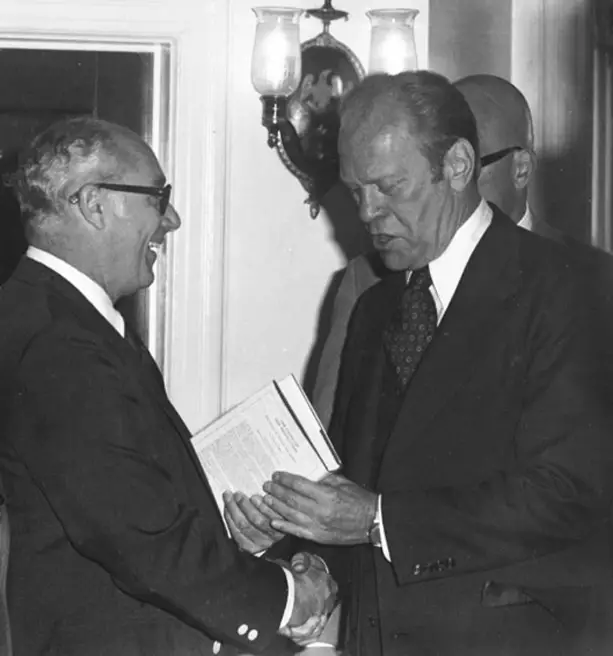
A centerpiece of redevelopment under Del Vecchio was reconstruction of the White Plains Metro-North train station, which included replacing the railroad bridge that crossed over both Hamilton Avenue and Main Street, two major arteries. Del Vecchio was especially proud of the engineering feat in which the bridge was replaced without having to shut down either of those roads.
Del Vecchio always had respect for the neighborhoods of White Plains, requiring developers who proposed projects to first meet with neighborhood associations and address concerns of residents. In one instance, when two massive high-rise apartment towers were proposed for Lake Street, Del Vecchio and his staff members met frequently with concerned neighbors, one meeting lasting until 3 a.m., and ultimately rejected the development proposal.
When construction of The Westchester mall was proposed, Del Vecchio, a Republican, became a strong proponent of the project that was opposed by Democratic leaders in the city. However, The Westchester ultimately was approved with bipartisan support.
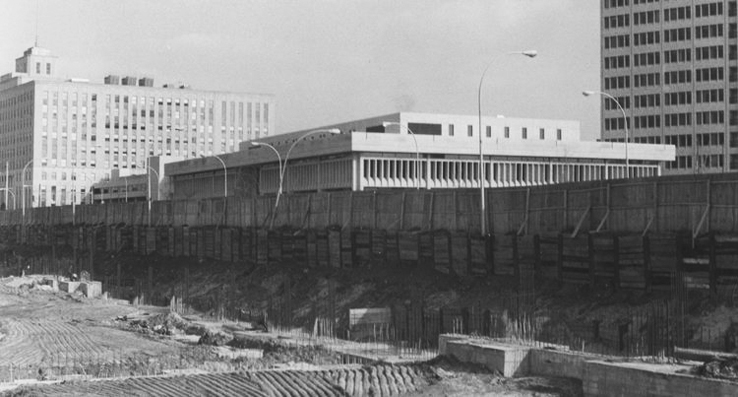
Del Vecchio was an engineer and often was seen in city hall studying blueprints and technical material regarding infrastructure and building designs. He had been chairman of the department of engineering at Manhattan College.
Del Vecchio was promoting affordable housing before it became fashionable and used federal Community Development money to establish programs that helped rehabilitate hundreds of single-family and multifamily houses. Under his administration, 450 apartments in the Winbrook Housing project were rehabilitated with federal funds.
As White Plains became an office center with an estimated 250,000 workers coming into town on typical workdays, Del Vecchio became a proponent of computerizing the city”™s traffic light system to help smooth the flow of cars. A large mainframe computer was installed in the basement of city hall to run the traffic lights, a significant technical achievement for the time and said to be the first system of its kind in New York state.
Del Vecchio also was a promoter of culture and recreation in the city and pushed for various activities such as live theater, downtown concerts at lunchtime and expanded sports activities at city fields. Among his personal recreational passions were boating and fishing, and he often would share his catch of Long Island Sound bluefish with city workers and friends.
In 1993, Del Vecchio was challenged in a Republican primary by Common Council member Michael Coffey who won by 85 votes. Del Vecchio ran in the general election for mayor on the Conservative Party line. Democrat S.J. Schulman won the election. Del Vecchio originally got into politics as a Democrat, but changed affiliation after a dispute with party leaders.
Del Vecchio and his wife of 73 years, Claire, had eight children.








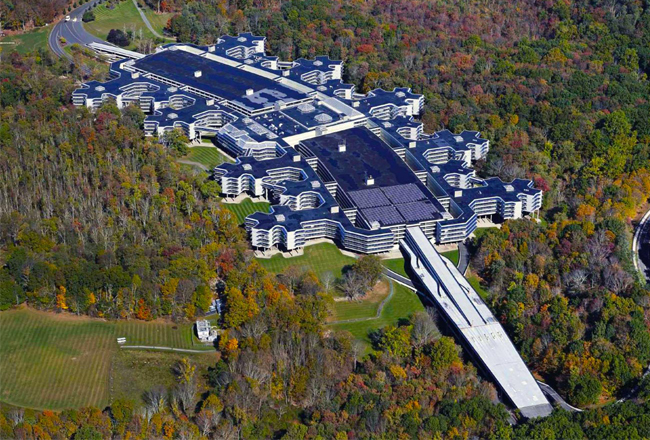

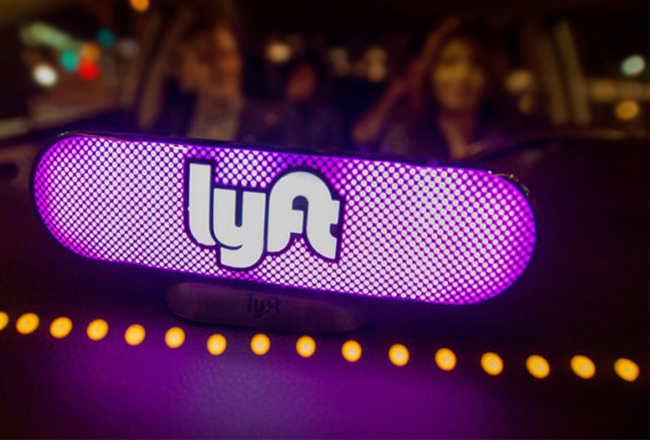












Thank you so much Peter. Great article
Del Vecchio ruined what was a beautiful and close knit small city, once known as the green “city in a park”, and helped make it the dirty, ugly, overcrowed, & overpriced White Plains of today. He set the precedent for developers building projects with blind city support and subsidies, resulting in negative economic and quality of life impacts for city residents.
You are wrong. You can thank Schulman and the following mayors for the mess.